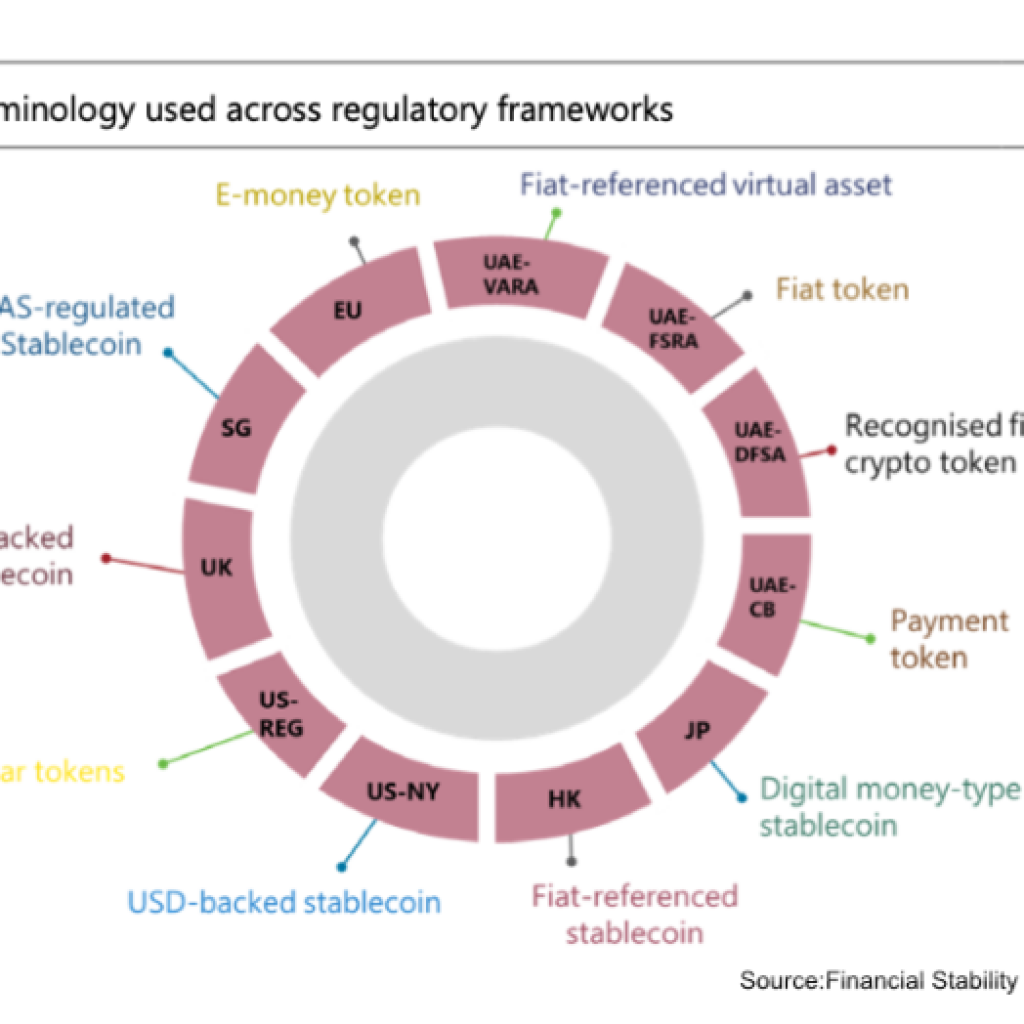The Hong Kong Monetary Authority (HKMA) and the Central Bank of the United Arab Emirates (CBUAE) have announced their plans to collaborate on cryptocurrency regulations and financial technology development. In a meeting held on May 30, the two central banks agreed to strengthen cooperation in the areas of virtual asset regulations and advancements.
The collaboration aims to facilitate discussions on joint fintech development initiatives and knowledge sharing between the respective innovation hubs of Hong Kong and the UAE. Key topics discussed included financial infrastructure, financial market connectivity, and enhancing trade settlement across borders.
CBUAE Governor H.E. Khaled Mohamed Balama expressed his anticipation for an ongoing and long-term relationship with the HKMA, while HKMA Chief Executive Eddie Yue highlighted the economic benefits that both regions can gain from their shared strengths and mutual interests.
As part of the collaboration, a seminar was organized for senior executives from banks in Hong Kong and the UAE, covering various subjects such as improving cross-border trade settlement and exploring how UAE corporations can leverage Hong Kong’s financial infrastructure platforms to access Asian and mainland markets.
Hong Kong regulations
This collaboration comes as the Securities and Futures Commission (SFC) of Hong Kong plans to allow virtual asset service providers (VASPs) to cater to retail investors starting from June 1. Hong Kong’s treasury chief, Christopher Hui, emphasized the city’s commitment to allowing retail investors to trade crypto under a regulated regime, recognizing the lasting significance of virtual assets.
With the positive aspects of utilizing cryptocurrencies outweighing the risks, Hui stressed the importance of regulation to harness their potential value in a regulated manner. Notably, several cryptocurrency exchanges, including CoinEx, Huobi, and OKX, have already filed applications to offer dedicated crypto trading services in the country since the SFC initiated the application process.





